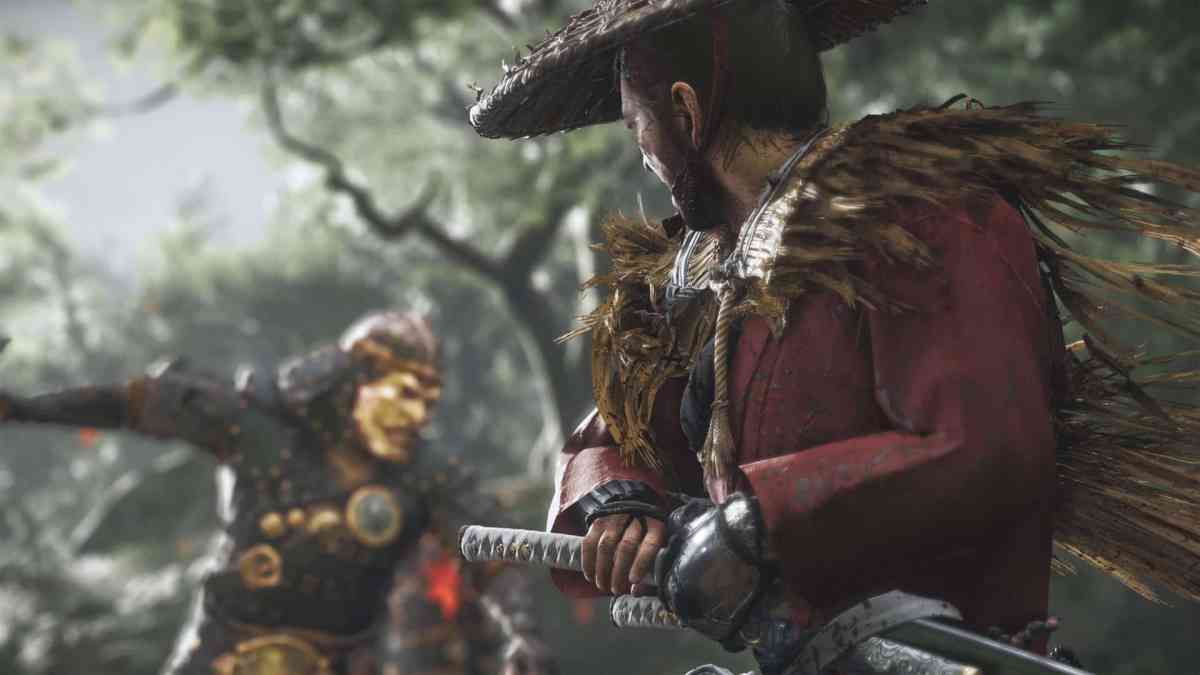Earlier this week, Microsoft unveiled new details about the Xbox Series X, including a number of technical specs. However, the most exciting news wasn’t that the system would feature 12 teraflops of GPU performance, but rather the Smart Delivery feature that unifies current and next-gen software ownership. Paired with the system’s impressive backward compatibility, Microsoft has eliminated one of the biggest hurdles that comes with buying a new system: losing out on a game library and potentially having to repurchase games you already own. This is an excitingly pro-customer development — and one that will hopefully have larger ramifications for buyers of the Sony PlayStation 5.
There has been some confusion as to what exactly Smart Delivery entails — no, not every game will automatically upgrade. Microsoft is making sure that all of its first-party titles that support both Xbox One and Series X systems (which looks to be the bulk of their line-up for the next couple of years) will automatically transfer over to the other system. So, if you purchase the Xbox One version of Halo Infinite, you won’t have to buy it again once you upgrade to an Xbox Series X. Some third-party publishers have already voiced their support for the Smart Delivery feature, like CD Projekt Red, who confirmed players will only have to buy Cyberpunk 2077 once.
This wasn’t really the case during the switch from Xbox 360 and PlayStation 3 to Xbox One and PlayStation 4. Sure, some smaller downloadable games such as Flower and Doki-Doki Universe had cross-gen support and cross-buy, where purchasing one gave players all versions of the title, but that wasn’t the case for larger games. Most third-party titles had to be purchased again in full on the new system, while a handful of cross-gen titles (such as Assassin’s Creed IV: Black Flag and Call of Duty: Ghosts) offered players a chance to get both versions via an upgrade fee of $10. With Smart Delivery, Microsoft is eliminating this headache entirely, which is yet another smart pro-consumer move from Microsoft under Phil Spencer’s leadership.
The simplicity of having your cross-gen game catalog instantly available on multiple consoles is a huge selling point for Microsoft. It also puts pressure on Sony to match the feature on the PlayStation 5. While Sony has gotten better recently with moves to allow cross-system play and bringing MLB: The Show to other platforms, they aren’t known for making generous pro-consumer gestures.
However, this isn’t a spot where Sony should show its hubris, as a Smart Delivery equivalent is even more important for PlayStation 5 than it is for the Xbox Series X. This is due to the PlayStation 4 having a larger install base and bigger exclusives releasing throughout the year. Sony is counting on retaining players and selling millions of copies of The Last of Us Part II and Ghost of Tsushima. Implementing a way to get a potential PlayStation 5 release of these games will encourage players to buy them at launch, rather than wait and see if a next-gen port is announced. (After all, The Last of Us got a PlayStation 4 port just a year after it released on PlayStation 3, and gamers remember that.) This type of move will hurt Sony in terms of being able to put out enhanced ports, but with both PlayStation 5 and Xbox Series X being backward compatible with the last generation, we’ll be seeing less of those than usual anyhow.
Thankfully, there’s some recent behavior from Sony that points to them keeping up with Xbox’s Smart Delivery. When they released the PlayStation 4 Pro console, they made it very clear that developers couldn’t charge for upgrades. Since the PS5 is a completely new console generation, things are different, but Sony could have been greedy upon the PS4 Pro’s launch and chose not to be. As such, I think they’ll think long-term and bolster the PS5’s install base by including the feature, rather than trying to get some short-term profit by charging twice for cross-gen games.
The biggest question mark is what third-party publishers will do. It becomes too messy to enforce Smart Delivery support for all next-gen versions of already released current-gen games (as some might have considerable changes), but with more and more games being built around a games-as-a-service model, it seems like publishers will want to ensure that players have access to the games they bought. After all, the bulk of the money made on something like Destiny 2 and Overwatch isn’t going to be the initial purchase but in expansions and microtransactions. Allowing players to stay within your ecosystem and spend money on a game they already enjoy playing makes more sense than not.
Even those without any Xbox systems should be applauding Microsoft for their implementation of Smart Delivery. Competition drives corporations to make pro-consumer moves like these, and they only better the industry overall as they become industry standard. While it’s still up in the air as to whether Sony will offer an equivalent, the pressure is now on, and they’ll look bad if they don’t. Sticking with the status quo of paid upgrades and separate purchases will look dated, and we have Microsoft to thank for that.






Published: Feb 26, 2020 04:32 pm